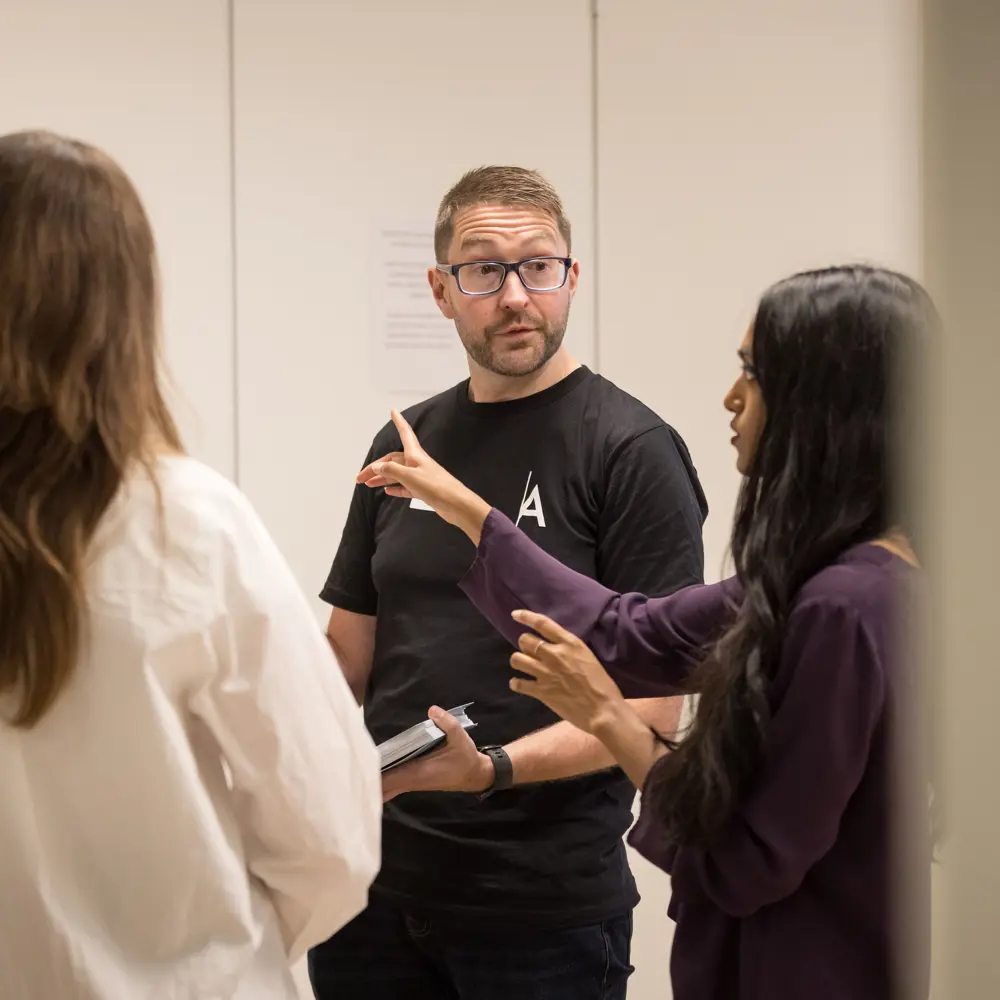Our goal
To build an evidence base to support the effective governance of emerging climate cooling approaches. We are funding transparent, public-good research — from ethics to real-world experiments — so the world can make better-informed decisions about this field.
Why this programme
Cutting emissions is the only sustainable solution to the climate crisis. However, ever-rising global temperatures are driving a surge of interest in approaches designed to cool the climate on timescales faster than decarbonisation.
This new field is evolving fast, attracting venture capital and giving rise to new private companies. Yet our understanding of the impacts, risks, governability, and even the basic feasibility of these approaches is poor.
We lack the deep technical and societal understanding required to govern this field responsibly: to reduce risk in a way that is ethical, legitimate, and inclusive.
This programme exists to fill that evidence gap. We are funding fundamental research — transparently, and free from any profit motive. We are focused on building the open knowledge base the world needs to make better-informed decisions, which could include deciding not to use these approaches.
How we’re doing it
Our international research portfolio is comprehensive, funding everything from computer modelling, to ethical frameworks, and observations of natural analogues of climate cooling approaches (like volcanoes). Where essential questions cannot be answered by models, we also fund a limited number of small-scale, carefully controlled outdoor experiments, with stringent requirements for safety, respectful engagement, and transparency.
The world has a critical window of opportunity to build this evidence base, ensuring that robust safeguards can be developed while this field is still at a nascent stage. We are committed to sharing our results openly for the common good, and to working in partnership with others with the same goals.
Read the accessible version of the programme thesis

Explore the funded projects
We're funding 22 research teams uniting specialists across diverse disciplines – from atmospheric physics, chemistry, and climate modelling to chemical engineering, systems analysis, and oceanography, alongside crucial expertise in governance and ethics – reflecting the programme's holistic approach.
Meet the programme team
Our Programme Directors are supported by a core team that provides a blend of operational coordination and highly specialised technical expertise.

Mark Symes
Programme Director
Mark is an electrochemist with a 15-year career developing sustainable fuels in the drive towards net zero. He joined ARIA from the University of Glasgow, where he is Professor of Electrochemistry and Electrochemical Technology.

George Horner
Technical Specialist
George has a background in atmospheric physics, holding a PhD from Imperial College London, where he was researching how clouds evolve over time and how they may be impacted by aerosol particles.

Mike Farrar
Programme Specialist
Mike is a condensed matter physicist by training and joined ARIA from his postdoc in Oxford, where he conducted research on novel photovoltaics. Prior to this, he was responsible for the set-up of several high volume, thin-film deposition operations across the globe for the world's largest electronics original equipment manufacturers. Mike supports ARIA as an operating partner from Pace.
"Decarbonisation is essential, but our current climate trajectory puts us at risk of triggering temperature-driven tipping points in the coming decades. This has sparked growing interest in approaches that could cool the Earth on short timescales, potentially delaying or avoiding such thresholds. However, we currently have very little understanding of whether these approaches would even work, or what their risks and impacts might be. This programme will explore critical unanswered questions as to the feasibility, scalability and safety of some of these proposed approaches. By investing in careful research today, we can build the evidence base needed to make wiser, better-informed decisions about the future.”
Mark Symes
Programme Director
Oversight + Governance
Meet the Oversight Committee and understand how we ensure rigorous governance across the programme
FAQs
Check out the most frequently asked questions around this programme
Sign up for updates
Stay up-to-date on our opportunity spaces and programmes, be the first to know about our funding calls and get the latest news from ARIA.

